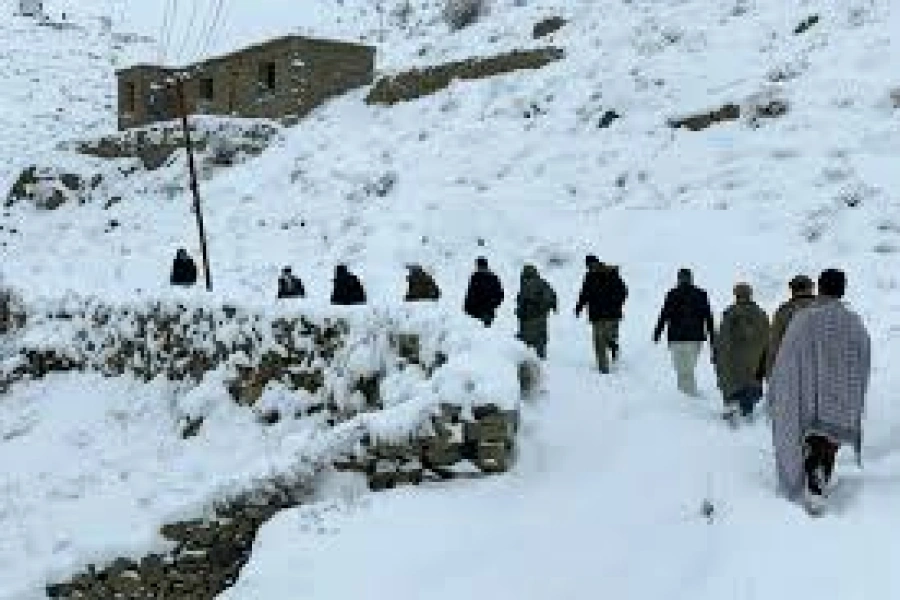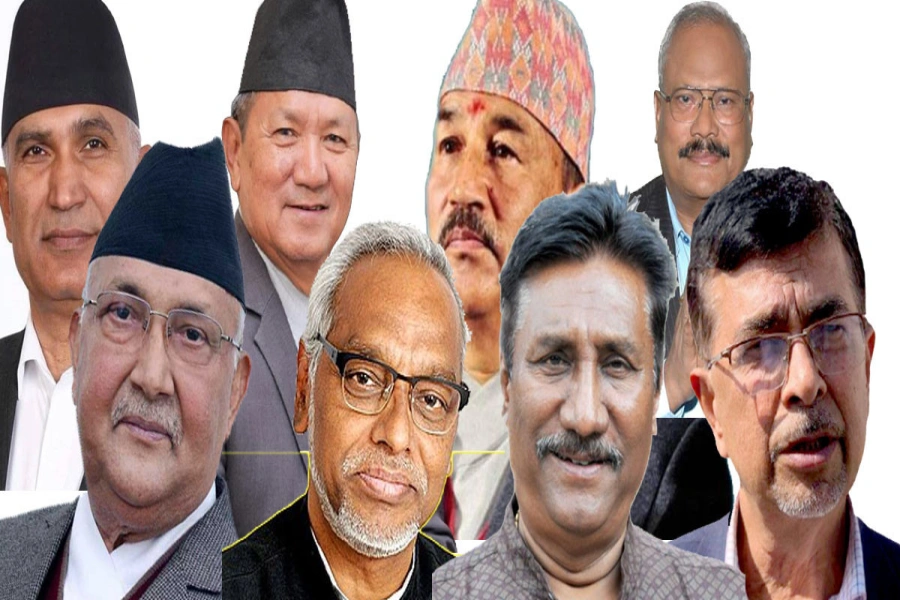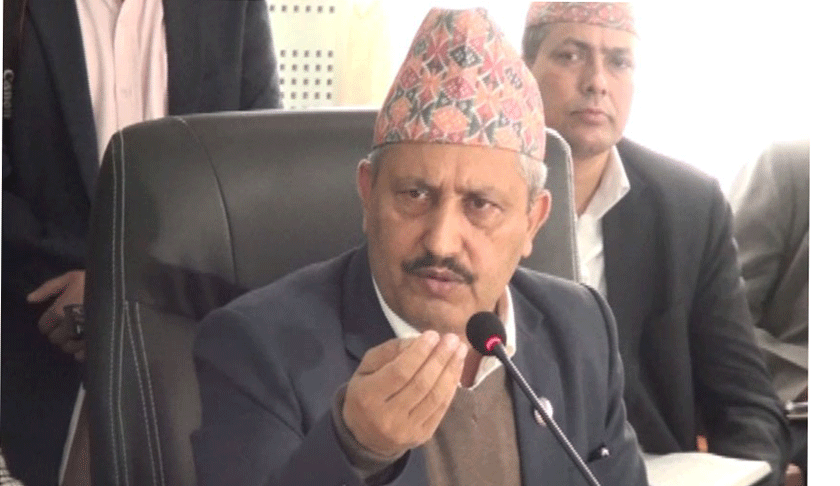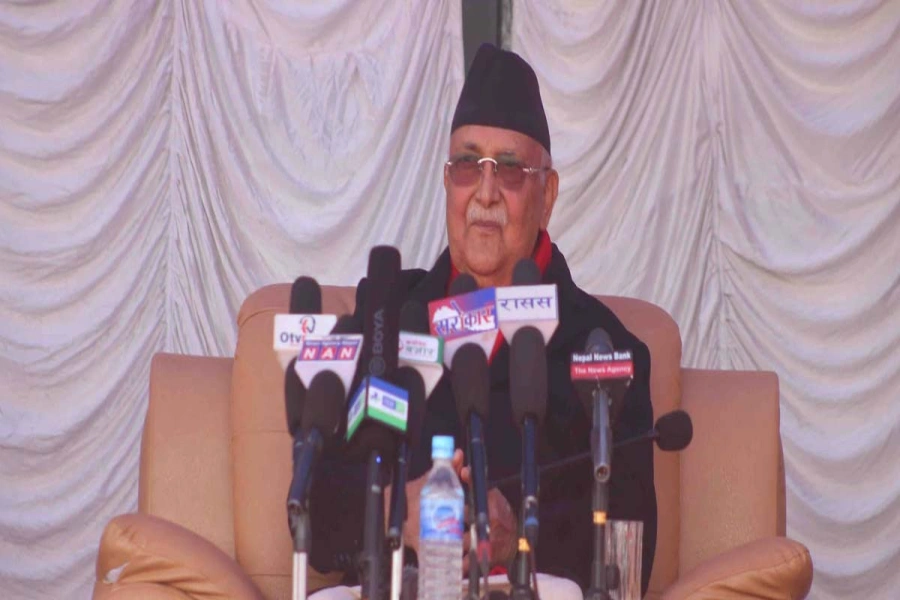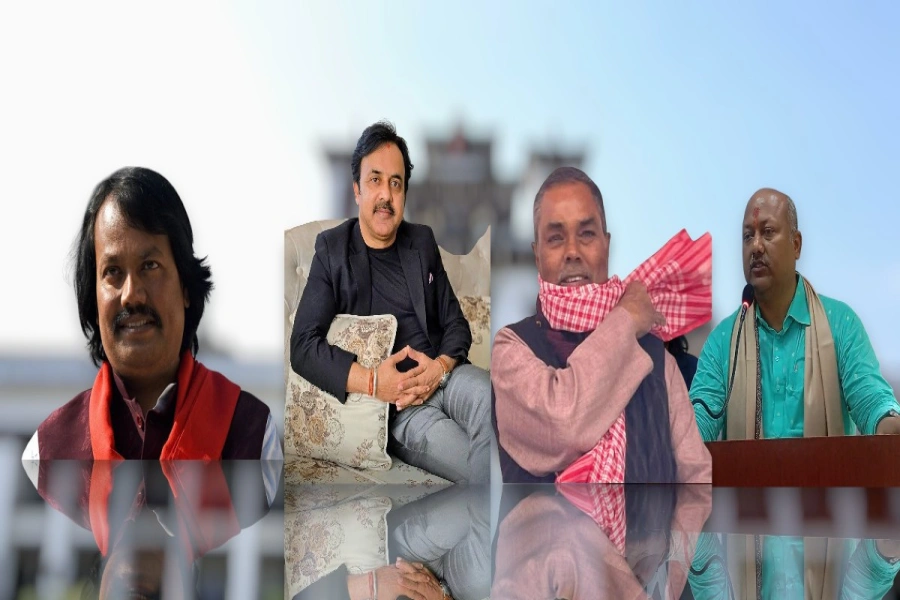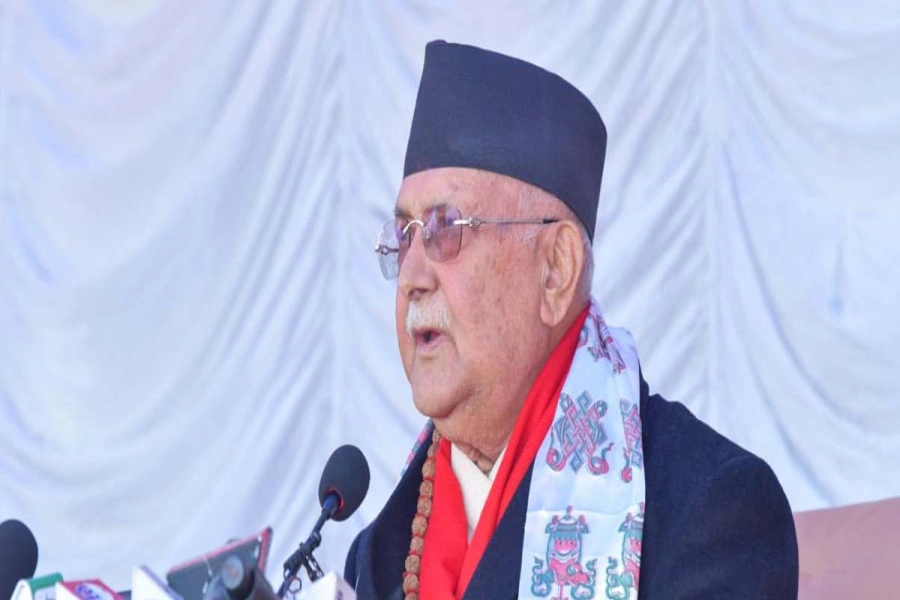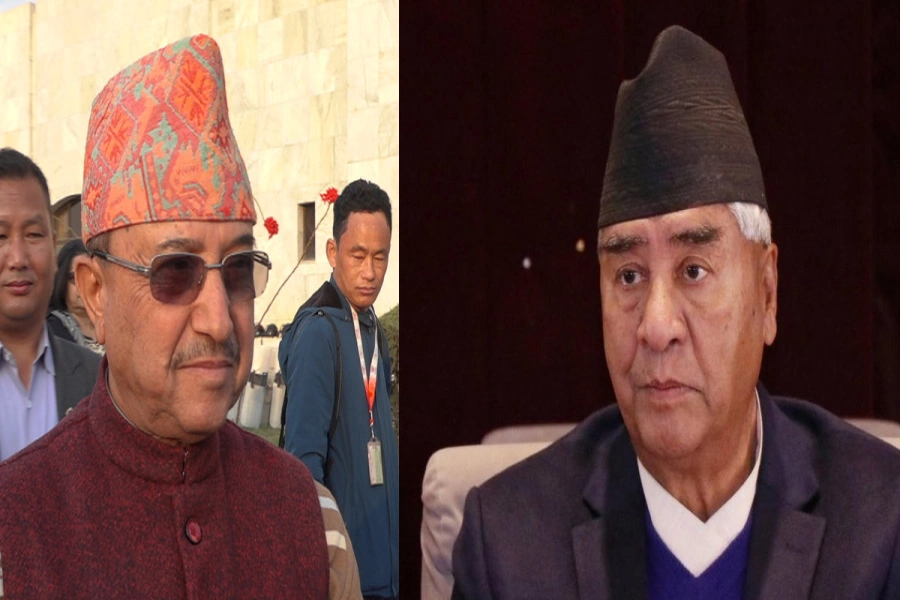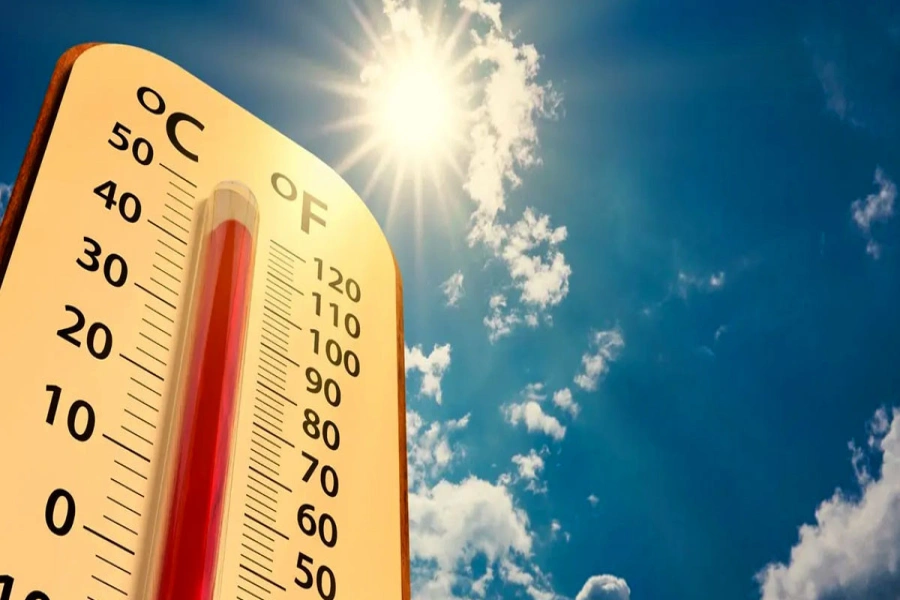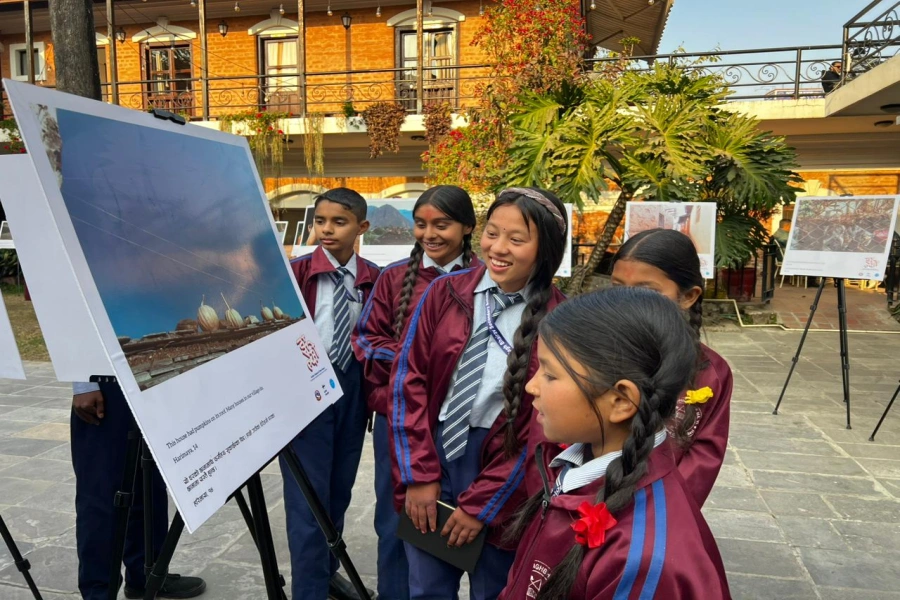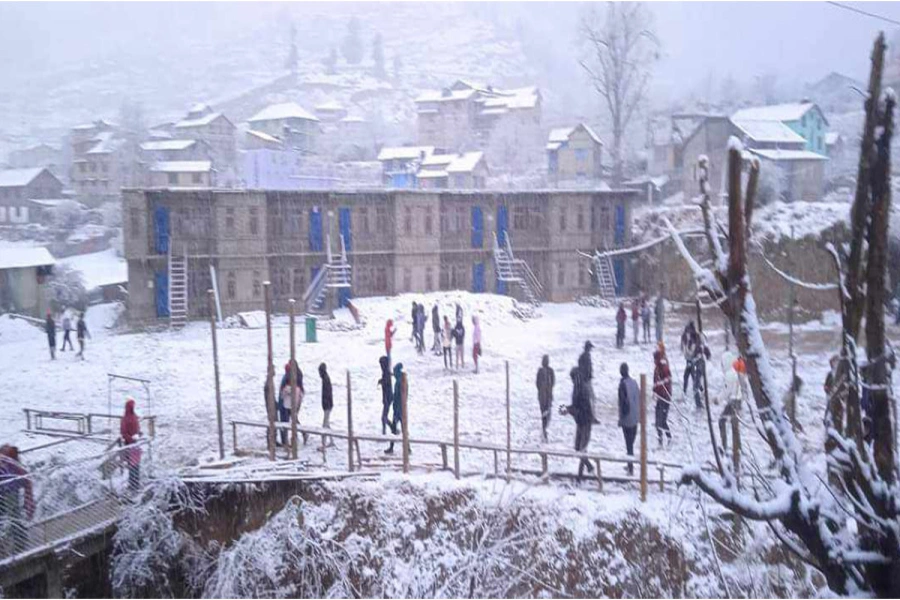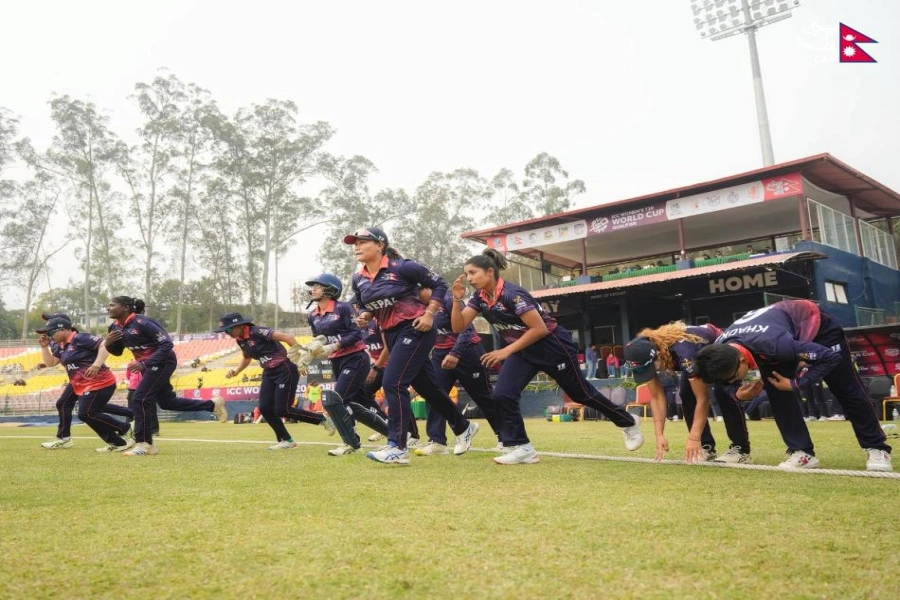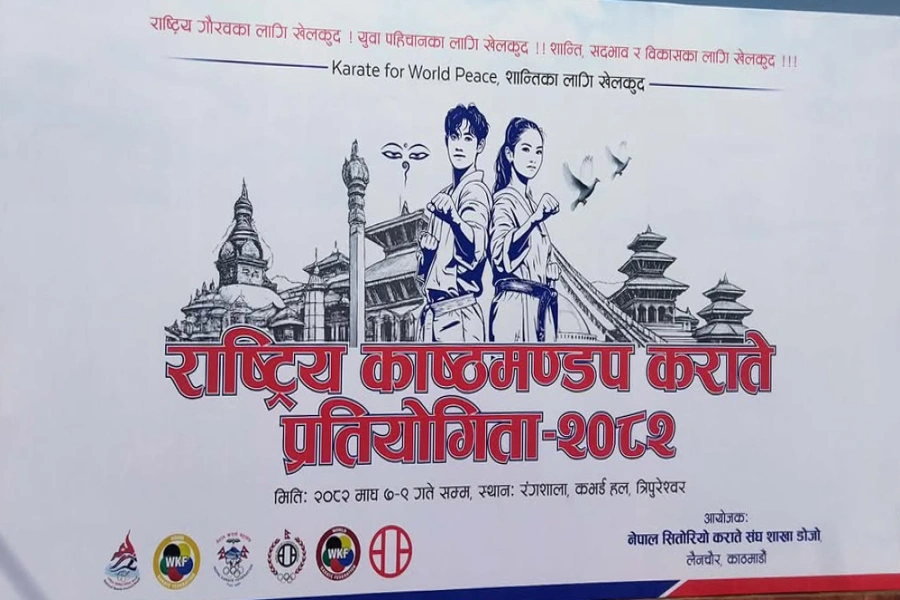The planes that fly over our sky have passed their utility 10 years ago. The public buses that run in our cities eject smoke that cannot be penetrated by the brightest of light and for a moment we feel like a sudden burst of a solar eclipse has engulfed our environment.
The unbreathable air of the Kathmandu Metropolitan City infused with the pungent smell of garbage hasn’t reached the halls of the international convention center where the House of Representatives meets or the mansion in Baluwatar where our honorable prime minister resides. The brunt of this preventable environmental calamity is borne by our teachers, day laborers, nurses, traffic police, and other low-ranking government officials who provide the necessary fuel to run this once historic and awe-inspiring place we call our home and our capital city.
What is the basic function of a government? It is not to make people happy, prosperous or help them to achieve other lofty ideals they tend to aspire for. Each individual has arrived on this planet with his/her own set of genes or a karmic debt (in spiritual terms) that has a huge bearing on the individual’s self-fulfillment. However, this experiment we call democracy has certain basic tenets that have to be met if the system is to survive and help the society it governs progress — even at a snail’s pace.
In this regard, the basic function of the government is peace and security and our leaders have failed miserably in terms of both. It is easy to ascribe “greed” & “corruption” as the mental state of our politicians for their dereliction of duty. However, I like to dig a bit further to understand their psychological state.
‘Action will be taken against those spreading anarchy in the na...

Every denizen needs a role model irrespective of their individual aspirations. Most artists, writers, singers, surgeons, athletes, coaches etc have someone they look up to and are inspired by. Sadly, our current cohort of leaders look up to or are inspired by predecessors who have “zero” impact on governing, articulating and implementing sound policies and leaving a legacy behind.
The current waste management crisis in Kathmandu is a microcosm of the overall incompetency of our bureaucrats and technocrats and our collective indifference to basic civic responsibility. As long as the area surrounded by walls that we live in is safe, we are content; as long as our sons and daughters are getting a top-notch education, we have little regard for what happens to the children of a janitor who cleans our hospitals; as long as we are riding an imported vehicle which is a marvel of modern engineering, we do not care about the state of the public bus we generally pass by. Since each individual has a tendency to behave in a manner to maximize his/her personal utility and self-satisfaction, we have devoted entire institutions to look after the collective, however, the people running these public institutions are oblivious to the word “public”.
The fundamental question to ask is: what does it mean to live in a city collectively or for that matter in a community? A couple of thousand years ago, our ancestors were hunters and gatherers and were foraging for food. We started cohabitating with strangers primarily for economic efficiency, security and a sense of belonging. It is this “sense of belonging” we have lost and our leaders were supposed to instill this concept of togetherness in us which I guess is an idea they cannot even fathom.
The planes that fly over our sky have passed their utility 10 years ago. The public buses that run in our cities eject smoke that cannot be penetrated by the brightest of light and for a moment we feel like a sudden burst of a solar eclipse has engulfed our environment. Our public schools’ infrastructure looks like the remnants of a war and we complain our current system cannot entice competent human capital to stay in the country. At the same time, we denounce that our powerful neighboring countries bully us and use us at their behest. Why do our leaders behave like sycophants in international arenas? When you are representing a country which you have tarnished inside and out for generations, you have to carry that baggage. But alas, you can return home to your big mansion and muse at the quality of air in Tokyo.
Tell a politician about the quality of air in the Kathmandu metropolis, he/she will quickly point out some other place such as New Delhi, the capital city of India, to set a standard. Why cannot Tokyo, the capital city of Japan, be the city we should try to emulate in terms of environmental conditions? I forgot. We can only emulate something if the thing we try to emulate is in our imagination and consciousness.
Rhetoric aside, the real damage of this anarchy is that it is plunging Nepal into a failed state. Look at the “sovereign” state of Afghanistan, Pakistan and some of the African countries. Pakistan hasn’t organized an international ICC (International Cricket Council) tournament for decades and most countries are hesitant to have a bilateral cricket series in Pakistan. Some of these countries have become the breeding ground for terrorists and hubs for international organized crime. Ungovernable lawlessness has rendered these countries. I hope and pray that my fellow Nepalis should not have to bear this form of ostracism from the international community because our leaders failed to protect their basic rights — the right to breathe clean air.
The gutter politics that surrounds the gutter in Kathmandu is a wake-up call to any citizen who has the slightest regard for this place and the people that inhabit this place. Every individual citizen has to commit himself/herself to public discourse. A sense of collectivism has to transpire among individuals, civil society, and any able bodies that care about this country. We do not need a natural disaster like a massive earthquake to bring us together. The current garbage loitering around the capital city is a disaster in equal proportion to the earthquake we witnessed seven years ago.
(The author is an Education Management Consultant at Islington College.)





